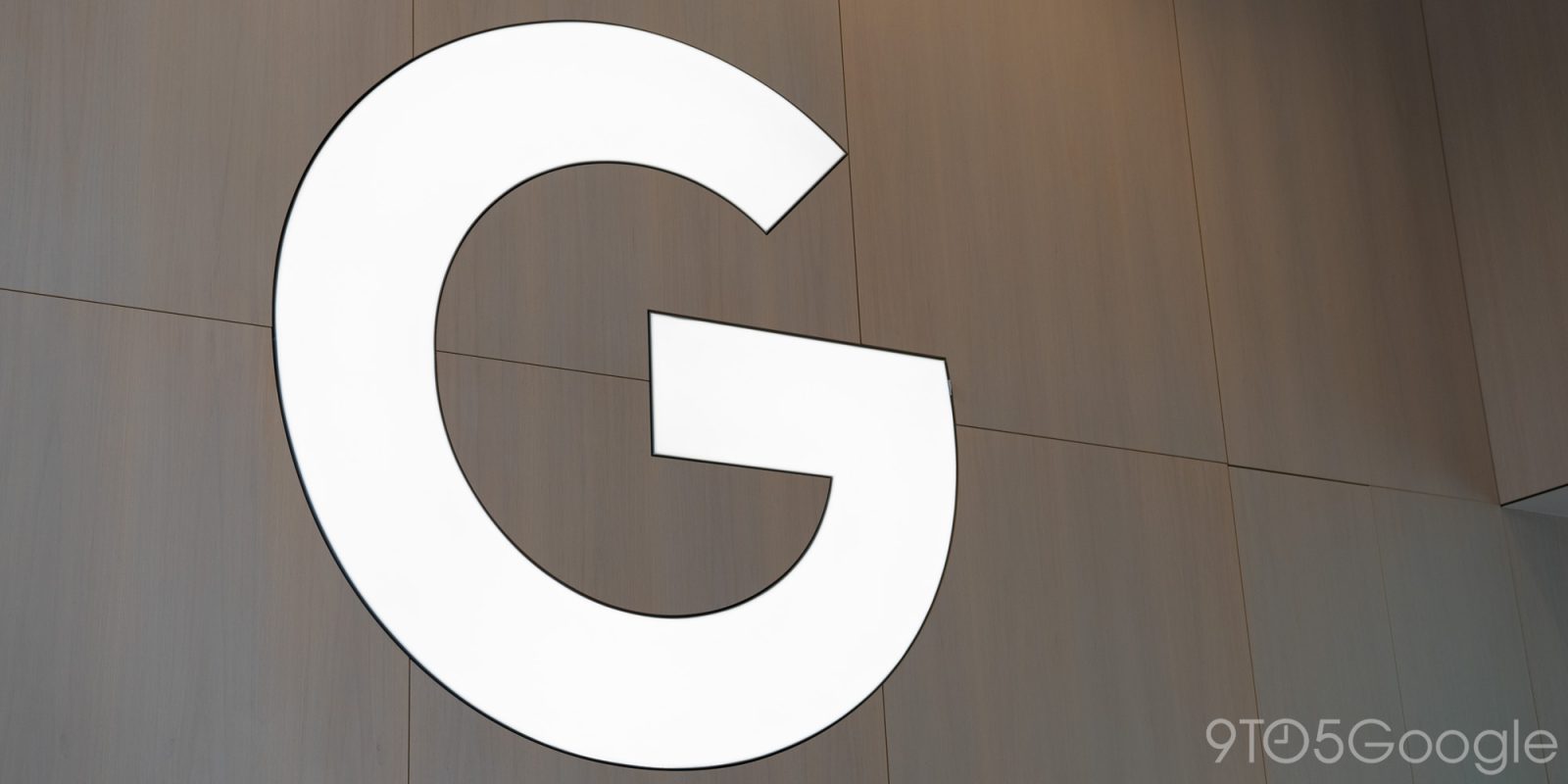
In facing a federal hearing concerning Google’s advertising practices, a US judge ruled that the company harmed consumers and publishers by forming an ad tech monopoly, which offers little room for any competition to form.
In a ruling by US District Court Judge Leonie Brinkema, Google was noted to have illegally built a monopoly over online advertising (via The New York Times). This ruling had been a result of a battle taken on by several states alleging that Google had unfairly become superior in online advertising.
The court ruling states that Google had been “depriving rivals of the ability to compete,” citing the effects on both consumers and media outlooks as customers of the ad tech system. The notion is that, as a monopoly, Google was able to drive advertising prices with no real competition, harming both users who come across online advertising and the media that rely on the system to stay viable.
According to the report, Google’s ad profit accounts for about 10% of the company’s revenue, which generated $31 billion in 2023. This means that Google controls 87% of the ad market, according to the US District Court, putting it well within monopoly territory.
window.adSlotsConfig = window.adSlotsConfig || [];
adSlotsConfig.push( {
slotID: ‘/1049447/Outbrain’,
slotName: ‘div-gpt-ad-outbrain-ad-669235’,
sizes: [300, 250],
slotPosition: ‘mid_article’
} );
This ruling comes as Google faced a separate battle against the DOJ in which Google had obtained a different monopoly over online search. These two court cases fall within the same boundaries as being the biggest player in online search uniquely puts the company in a position to dictate advertising for varying results. The DOJ noted that it wants to see Google remedy the overshadowing online presence by selling off certain portions of the company, such as Google Chrome.
The end goal is for Google to allow room for more competition, and the combination of cases puts pressure on the company to start relinquishing control over various online technologies, like search engines and advertising. This would, ideally, make the internet more competitive for advertisers and publications with less skimmed off the top by ad tech firms.
The results of the current ruling could require Google to break up its ad tech monopoly if Google is unable to appeal effectively.
More on Google:
FTC: We use income earning auto affiliate links. More.
<hr>
<p><strong>🚨 Disclaimer(Because Lawyers Exist):</strong> This article was scraped, gathered, and possibly abducted from <a href=”[source_url]” target=”_blank”>[source_url]</a>.
Any hot takes, controversial opinions, or mind-blowing insights belong to them, not us.
So if you disagree, kindly direct your complaints to the source—or scream into the void, whichever works.</p>
<p><strong>🤖 AI Shenanigans:</strong> Some parts of this article were optimized, polished, and possibly rewritten by **our AI overlord** to make it more readable, engaging, and SEO-friendly.
So, if it sounds smarter than usual, thank the machine. If it sounds weird… well, also blame the machine.</p>
<p><strong>💸 Affiliate Hustle:</strong> This post may contain affiliate links (Amazon, BestBuy, or some other capitalist empires).
If you buy something through these links, we might make a few bucks—at no extra cost to you!
Consider it a **”digital high-five”** for bringing you this awesome content. <a href=”https://your-affiliate-link.com”>Check out our recommended deals here.</a></p>
<p>🔥 Stay informed, stay entertained, and don’t sue us. Haxx! 🎉</p>